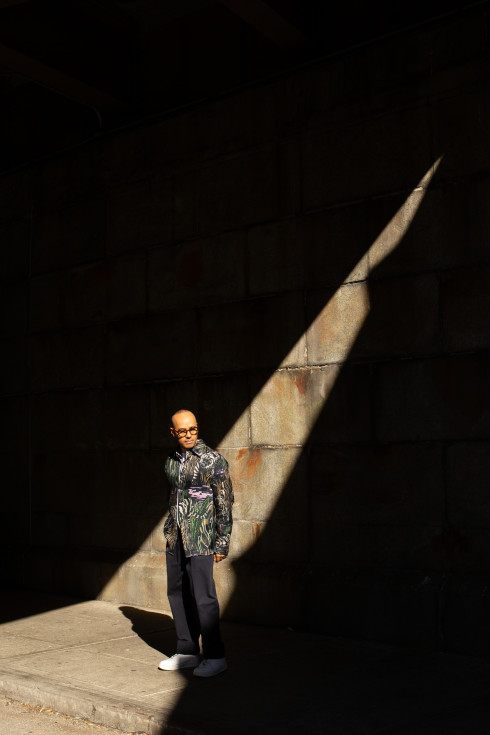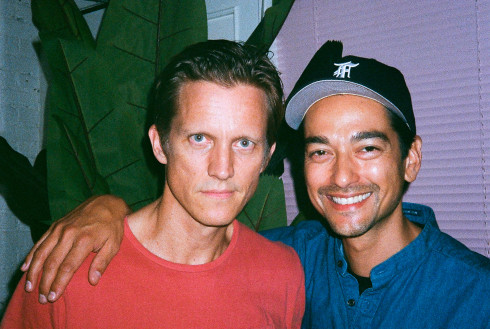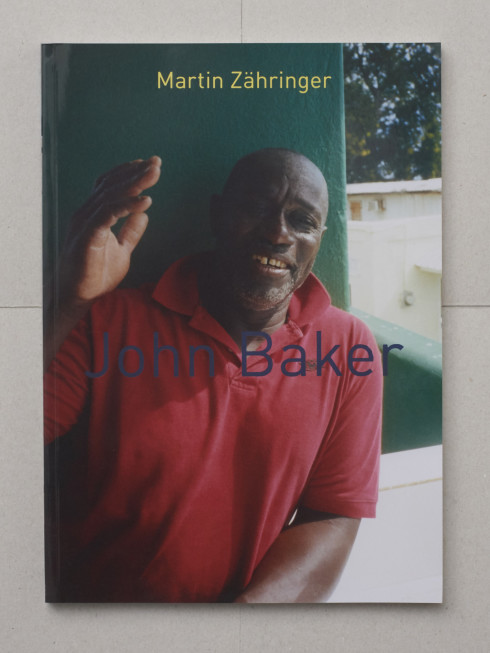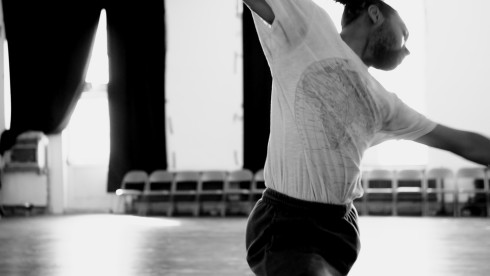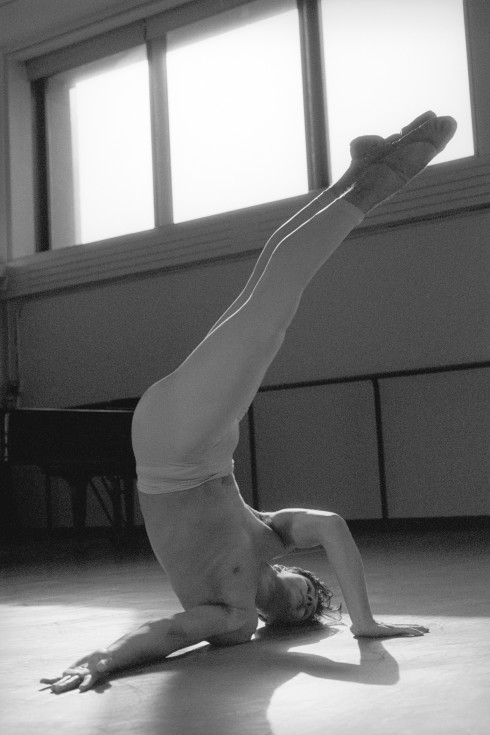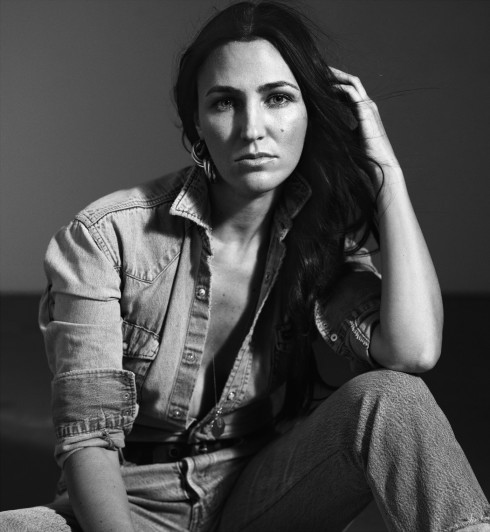
INTERNET CENSORSHIP
“As the Internet becomes increasingly pervasive in our daily lives, what we do and what we care about is ever more dependent on the quality of our nations’ Internet policies. We’ve been using the Internet for activism, but we need to start using our activism for the Internet. The time is now.” —Brett Solomon, CEO, Access
Control of the Internet and social media is getting increasingly close to home. Internet censorship is creeping across borders and into government legislation in both democratic and non-democratic countries. According to global Internet access campaigners Access, approximately forty countries, accounting for more than half the world’s population, are currently censoring the Internet to varying degrees. And by considering similar pieces of legislation, democratic nations are legitimizing the practice of Internet censorship.
Internet censorship has long been commonplace in many parts of the world, but the introduction of new digital technologies and social media has led a number of governments to step up the level of censorship and surveillance. The most ominous measures have been taken by authoritarian regimes, vying to suppress and control the impact technology and social media are having on their authority. Any political action online that challenges authority, that questions the status quo, or that tarnishes the façade of stability is seen as a direct threat and is censored.
We need only observe the lengths that were taken by governments during the Arab uprisings: the Internet across major cities was shut down intermittently, sometimes for days on end; the bandwidth of the Internet was reduced to limit its use; firewalls were created to stop the flow of information online; and websites were blocked, including social media sites and news outlets. There were constant cellular communication blackouts, and the ability to send text messages or access social media platforms was blocked. Governments with access to their countries’ telecommunications networks set up systems of surveillance that access data from individuals’ phones, including call logs, text messages, web browser activity, and data transfers, including data that is uploaded onto the net. They even used technologies to remotely turn phones into listening and tracking devices, in order to locate and detain activists.
Since the fall of former Egyptian President Mubarak in February 2011, more than twelve thousand activists have been arrested, with an estimated eight thousand, a great many of them online activists, sentenced to jail by military courts.
One such activist is Alaa Abd El-Fattah, a prominent Egyptian blogger who lives in Cairo. I met Abd El-Fattah on October 26, 2011. He told me in our interview that he was being targeted by the Egyptian military because of his pro-democracy blog and for actively tweeting about the Egyptian riots. He explained the lengths the military government of Egypt was taking to silence online activists, bloggers, and journalists, many of whom are now in jail.
“If you felt any sense of sympathy or solidarity or pride or inspiration from the images you watched in Tahrir Square, then you should know that thousands upon thousands of the people who created this amazing moment are now in prison,” he said.
Four days after making this statement, Abd El-Fattah was jailed in a Cairo prison.
According to Abd El-Fattah, the military prosecutor’s office summoned him on trumped-up charges of inciting violence against the armed forces during rioting in the Cairo district of Maspero on October 9, 2011—a charge he firmly denies. His arrest came shortly after he blogged and tweeted about the events of October 9, calling for justice in the case of the deaths of twenty-seven protesters who were killed that day.
Abd El-Fattah remained behind bars at Cairo’s Bab al-Khalq prison for fifty-six days in pre-trial detention. He celebrated his thirtieth birthday in a prison cell and missed the birth of his first child, a son he named Khaled, after Khaled Saeed, a young Egyptian activist who was beaten to death by policemen in June 2010 in a case that helped spark the Egyptian revolution.
“There are millions of people who resist and struggle against an unjust world, or they pay for it with their lives, and that has to inspire me,” Abd El-Fattah says, in a call for justice and solidarity. “I cannot ignore the fact that people are moving and mobilizing in this way, and so I have to join them and be in solidarity with them.”
Abd El-Fattah’s case has been transferred to a civilian court, where he is now awaiting trial. The military is now laying other serious charges against him, including an intent to commit an act of terrorism. If he is convicted, there will be no right of appeal.
“Any kind of extraordinary justice is very clearly injustice, and it shouldn’t be allowed in this world,” states Abd El-Fattah, and his story is a case in point. The criminalization of activists, particularly online activists, is an unjust move to censor calls for democratic change around the world.
The quandary for governments is that Internet censorship and restrictions on telecommunications come at a cost. By restricting access, they are restricting their countries’ economic and social growth. Despite the positive impact the Internet is having on the world economy, governments are choosing to restrict access as a means to retain control over their polity. As a consequence, the most controlled nations become the most disadvantaged.
Political leaders have criticized repressive regimes for denying their citizens access to the Internet, or for censoring it, but under different auspices, certain governments are considering legislation that would grant them similar powers. And by contemplating these pieces of legislation, democratic nations are not only legitimizing the practice of Internet censorship, they are also creating a paradox that undermines their moral authority to criticize repressive regimes for exercising these powers.
It is unfathomable that these sorts of policies are even under consideration by democratic countries. The British Parliament discussed legislation that would mandate the shutdown of social media, including Facebook, Twitter, and BlackBerry Messenger, during a riot as a reaction to the 2011 London protests. Prime Minister David Cameron told Parliament, “Free flow of information can be used for good. But it can also be used for ill. And when people are using social media for violence we need to stop them. So we are working with the police, the intelligence services, and industry to look at whether it would be right to stop people communicating via these websites and services when we know they are plotting violence, disorder, and criminality.” His response may have been a knee-jerk reaction to the social unrest in his country, but by making such statements in Parliament, he is legitimizing the unjust actions of other nations.
When it comes to democratic countries toying with legislation that legitimizes Internet censorship and the restriction of social media, we need to get online and use our activism to protect the Internet. We cannot let the Internet, which today offers the greatest means for democratic participation, be censored or restricted. We have a responsibility to make sure this does not happen in democratic countries, and we are obligated to see that the Internet is made available around the world.
